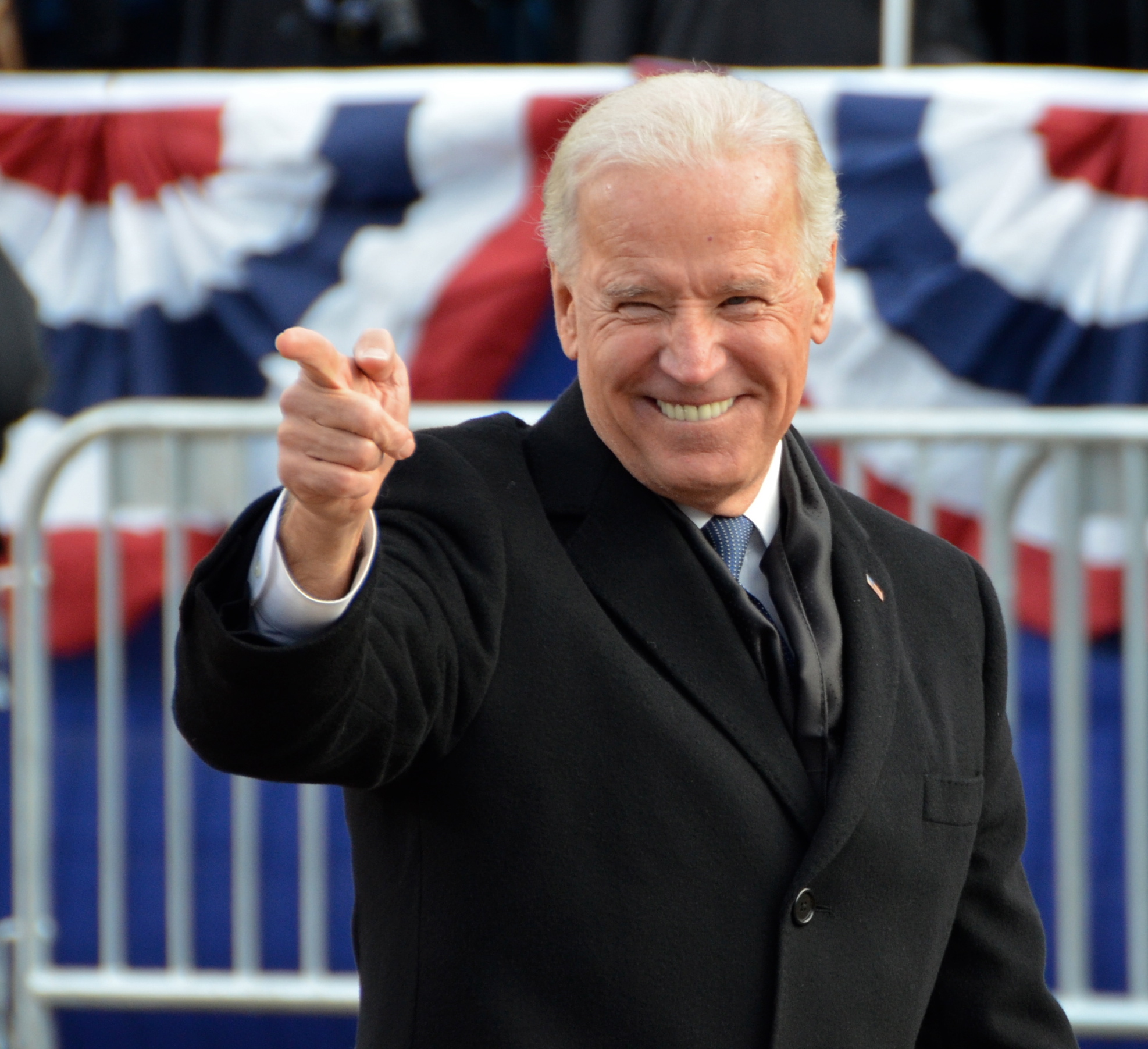Are Democrats Earning Support from Black Voters Ahead of November?
With the presidential election in less than 90 days, Democrats may need to shift their focus from swing voters and moderates to Black voters who want to get Trump out of the White House.

“Black Voters Under 30 Could Decide Joe Biden’s Fate,” and “Black Voters Critical to Democrats in Midwestern Battlegrounds.” These are just a few of the headlines circulating online this week as the Democratic Party has virtually gathered for their national convention.
“African Americans tend to be pro-partisan because we believe in the [Democratic] Party’s ability to allow for us to achieve things that are in the interest of the Black community, but at the same time polling has shown [getting Trump out of office] is a big motivator.” — Chryl Laird, Author of “Steadfast Democrats: How Social Forces Shape Black Political Behavior.”
For years now, there’s been a lot of chatter about how Black Americans are the base — or even the core — of the Democratic Party, and while that might or might not be true, that notion can create a monolithic paradigm that is not only damaging, but also dangerous. It’s imperative to examine the diverse experiences, beliefs and attitudes within the Black Democratic voting bloc ahead of the November presidential election.
Listen by clicking on the player above: As the November election closes in, Black Voters could play a key role in securing a win for Joe Biden
Guests
Chryl Laird is an Assistant Professor of Government and Legal Studies at Bowdoin College and author of “Steadfast Democrats: How Social Forces Shape Black Political Behavior.” She says there are multiple factors at play that will lead to a majority of Black people to vote for Democratic nominee Joe Biden in November.
“African Americans tend to be pro-partisan because we believe in the [Democratic] Party’s ability to allow for us to achieve things that are in the interest of the Black community, but at the same time polling has shown [getting Trump out of office] is a big motivator,” Laird says. She also says Biden’s choice of California Sen. Kamala Harris as his running mate may have an impact on Black voters.
“Having a Black woman on the ticket itself is a mobilizing factor,” Laird says.
She says that overt racism expressed by President Trump and many Republicans may also motivate Black voters to vote for Biden in November.
“It’s a rehashing of the Southern strategy. I think Trump’s pretty embracing of [racism] in ways that we would’ve thought in this time weren’t possible, it’s moved beyond a wink and a nod to very strong statements,” she says.
Laird says that Biden’s campaign and other Democratic campaigns before his have focused much of their campaigning on white swing voters and moderates, but that this strategy may overlook Black voters.
“We’re at a much more polarized political environment than ever, white voters who are potentially disenchanted…many of them are moving to the GOP,” Laird says. “The Democratic Party has to be careful about how much time they spend trying to sway white voters. If they can turn out [Black] voters, as we saw in the Obama election, you can win the White House.”
Greg Bowens is a political and communications consultant and the founder and past president of the Grosse Pointe Harper Woods NAACP. He says having Kamala Harris, a Black and South Asian woman, on the Democratic ticket will appeal to Black voters.
“Joe Biden, who I think everyone likes, said in his speech [at the Democratic National Convention] that Harris’ story is the American story,” Bowens says. “She’s representing us and she’s doing it in a way that leaves no question of who she thinks she is… her Blackness, her heritage.”
Bowens says that while he believes speeches given by former President Barack Obama and former first lady Michelle Obama at the Democratic National Convention may help garner support for Biden from Black voters, he cautions that Black Democrats are more critical of Obama’s presidency than they may seem.
“Having Barack and Michelle Obama come on and speak was a powerful thing, but they are sort of looked at as the ‘crossover couple’ that was able to bring America together in ways that [are uncommon],” he says.
Bowens says that he agrees that Democratic campaigns like Hillary Clinton’s in 2016 often view the votes of Black Americans as guaranteed, and therefore do not focus much of their campaign on appealing to Black voters.
“What happened four years ago was this idea just simply that the Black vote was being taken for granted,” he says.
